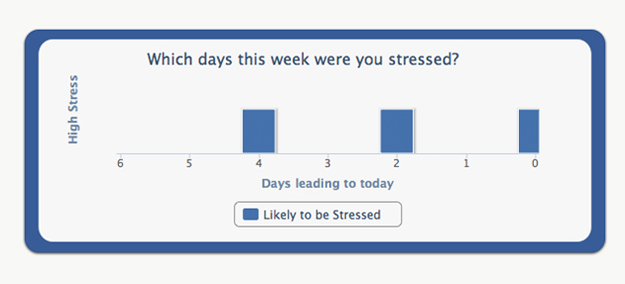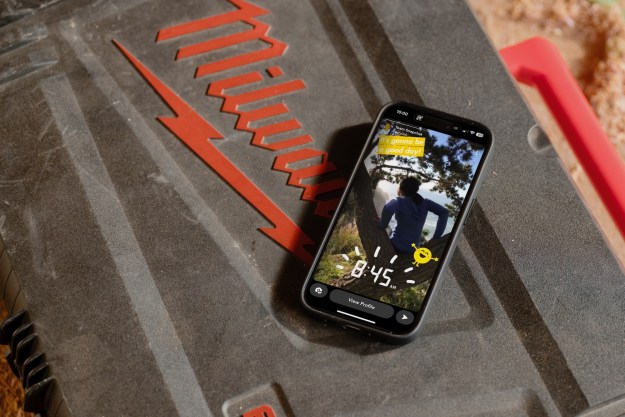
The idea of your smartphone monitoring your every move and communication might make you uncomfortable. But what if it used that information to tell you when you’re coming down with the flu, or even a bout of depression? With the DailyData app from start-up Ginger.io, it can do exactly that.
Developed by a group of MIT Media Lab students, DailyData runs in the background to constantly monitor a user’s location, as well as frequency of calls and text messages. That information is then automatically analyzed to determine whether the person is having health problems. If the app picks up on changes in a person’s behavior that indicate the onset of a sickness or mental health episode, it alerts the user.
So if, for instance, a person suddenly stop going to locations they visit regularly, and cuts back on communicating with other people, DailyData will detect this as a sign that the person is experiencing the beginning stages of depression. Or, if a user with bipolar disorder begins sending out an unusual number of text messages, he or she may be about to have a manic episode, and DailyData can let the person know before the situation gets out of hand.
“If you’re showing early signs of loneliness/depression, you might not report them to your doctor or family,” said Anmol Madan, who first developed the technology during his PhD thesis at MIT, in an interview with Mashable. “The app currently detects these changes and sends alerts to you, but in the future, these alerts could be sent to a caretaker with your explicit permission.”

The information collected by DailyData is then uploaded to Ginger.io. Combined with the data of all other DailyData users, this information can then be analyzed to better diagnose early symptoms. It can even be used by health officials to predict when an outbreak is about to happen.
In addition to individual use of its DailyData app, Ginger.io plans to market its services to health-care providers, health insurers, pharmaceutical companies and employers, all of whom can benefit in one way or another from the boost in information DailyData provides.
DailyData is currently in alpha testing mode. Users who wish to try the app, which will be available only for Android devices, can submit their email address to DailyData.com, and they will be alerted when they can download the app.
